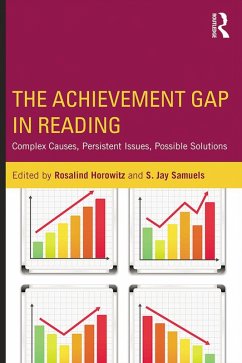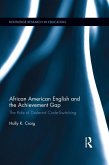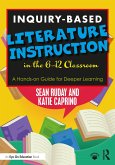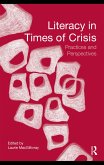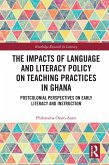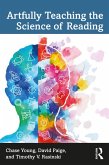Bringing valuable theoretical frameworks and in-depth analytical approaches to interpretation of data, the contributors examine factors that contribute to student achievement inside the school but which are also heavily influenced by out-of-school factors-such as poverty and economics, ethnicity and culture, family and community stratifications, and approaches to measurement of achievement. These out-of-school factors present possibilities for new policies and practice. The overarching theme is that achievement gaps in reading are complex and that multiple perspectives are necessary to address the problem. The breadth and depth of perspectives and content in this volume and its conceptualization of the achievement gap are a significant contribution to the field.
Dieser Download kann aus rechtlichen Gründen nur mit Rechnungsadresse in A, B, BG, CY, CZ, D, DK, EW, E, FIN, F, GR, HR, H, IRL, I, LT, L, LR, M, NL, PL, P, R, S, SLO, SK ausgeliefert werden.

